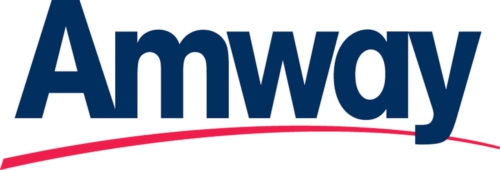Amway Korea: A University Case Study on Shared Value
Study explores journey of US-based Amway entering the South Korean market – adapting to local culture, business climate and economic pressures

A conversation between the head of Amway Korea marketing and a professor at the University of Calgary has turned into a full-fledged case study on how business creates shared value when CSR is built into corporate strategy.
The case study explores the journey of US-based Amway entering the South Korean market – adapting to local culture, business climate and economic pressures. It quotes SJ Park, Amway Korea President, as saying “We started off as an ugly duckling but grew to become a swan.”
Won-Yong Oh, an assistant professor at the Haskayne School of Business at the University of Calgary in Canada, supervised the writing of the 13-page case study by Seoyeon Park. You can find it at Ivey Publishing, the world’s second-largest business case publisher after Harvard Business School.
In addition to documenting the development of the Amway business in Korea and worldwide, it follows several stages in the journey of the company to support Korean communities and develop models of Shared Value, and build integrated partnerships.
The first is a project called One for One, which was designed to help small- and medium-sized enterprises (SMEs) following the financial crisis in 1998. In One for One, the company sourced local products in addition to its global brands, and sold them through our distribution channels. This later evolved into the One for One Good Will Store, supporting social enterprises like small, green-product designers who typically had trouble accessing channels for selling and the know-how for promoting their products. Amway Korea donates proceeds from these products to local causes related to health and wellness for children.
Another example followed the launch of the global Amway One by One Campaign for Children in 2003 with the Nutrilite Health Watcher Program, an exploration of shared value that utilizes the company’s core strengths in nutrition. In a partnership with social welfare centers that sheltered nearly 9,000 children countrywide, the program focused on healthy eating habits and exercise, based on a health assessment developed with the Korean Nutrition Society called the Nutrition Quotient, the first nutrition index for children in Korea. Since 2007, 81,000 children from 67 elementary schools have participated in the Nutrilite Health Watcher Program.
The paper also explores the global Technology Development Project, a partnership with the Korean Health Industry Development Institute, the Foundation of Agricultural Technology Commercialization and Transfer, and the Korea Biotechnology Industry Organization. In 2010, more than 200 SMEs applied to this program with ideas to utilize Amway Korea’s R&D capabilities and support open innovation.
While few Amway country affiliates are documented in this way, each could be a case study in itself – a new journey of building a business and building community. Amway has never left a market it has entered, and we continue to invest in improving the lives of those we live and work with, and that’s adding value for all.
Thanks to Mee-Hye Lee and Yong-Bom Lee for sharing this story. You can read the abstract and purchase the full case study at Ivey Publishing.

